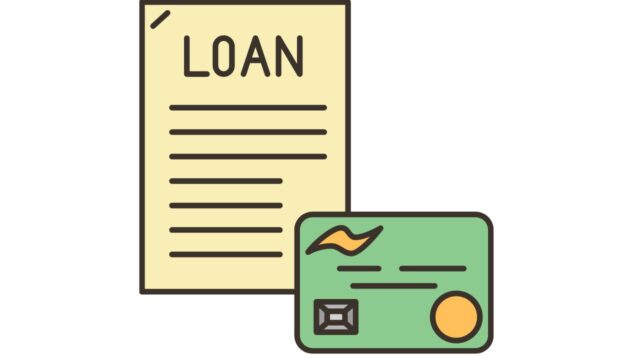Premium Definition
Premium, in the simplest of terms, is the total cost of any option. It is basically the sum of your option’s time and intrinsic...
Home Mortgage
DefinitionA mortgage loan or, simply, mortgage is used either by purchasers of real property to raise funds to buy real estate, or alternatively by...
Underlying
What does 'Underlying' mean Underlying, in equities, is the common stock that must be delivered when a warrant is exercised, or when a convertible bond...
Amortization
Definition In finance, amortization refers to the process of paying off a debt over time by making scheduled, periodic payments of principle and interest. To...
Corporations
The word corporation represents an organization, which works completely separately from its owners, and it is in itself a legal body capable of presenting...

































